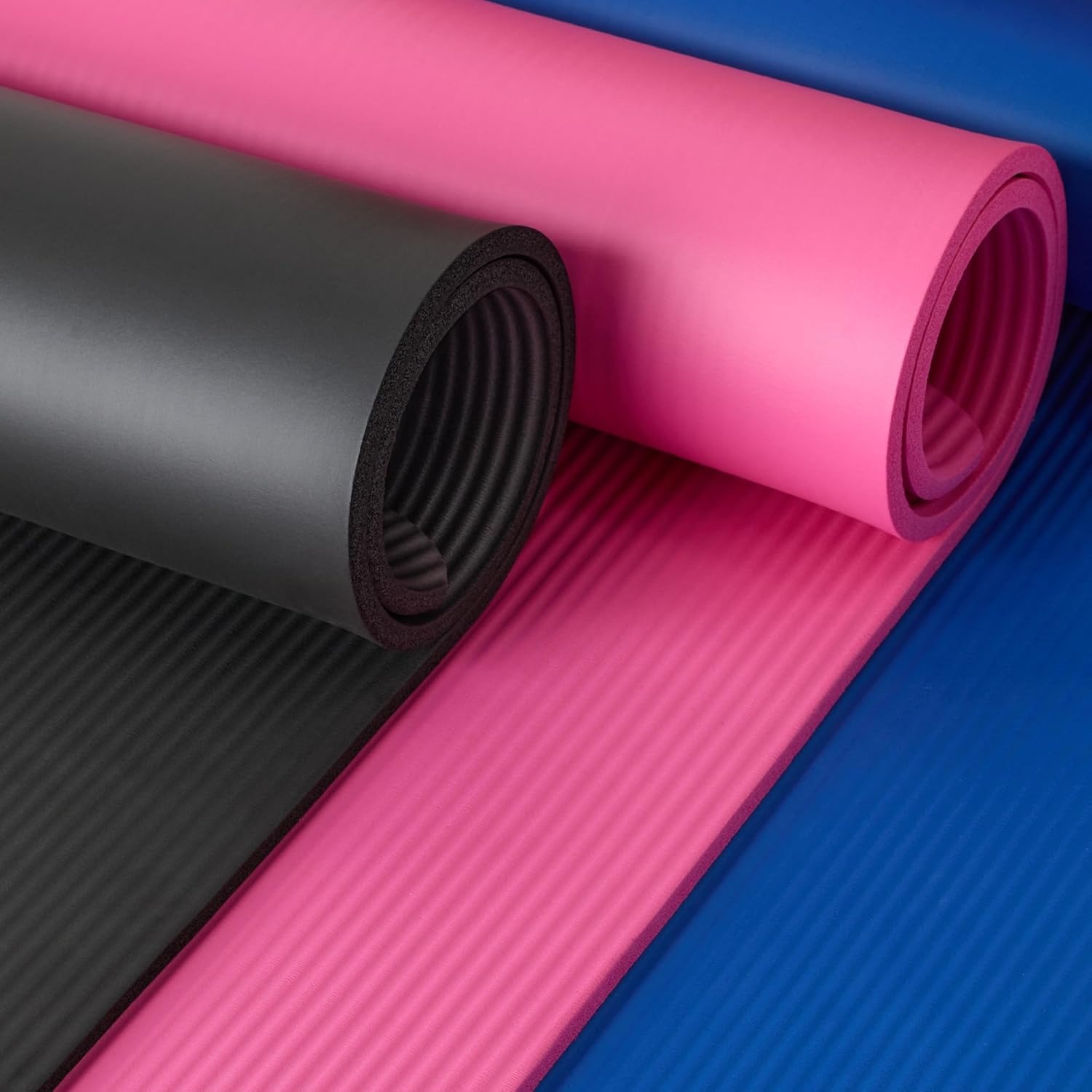Introduction to Creatine and Protein Powder
For those looking to bulk up and boost performance, creatine and protein powders are often go-to supplements. Can you take creatine with protein powder? They’re key players in the world of fitness nutrition, each with distinct roles in supporting exercise and recovery.
Overview of Creatine
Creatine is a compound that your body naturally makes. It gives energy to your muscles and other tissues during quick bursts of activity. Many athletes use creatine to help increase strength and improve high-intensity exercise performance. When stored in muscles, creatine helps to regenerate ATP, the primary energy source for heavy lifting and sprinting.
Overview of Protein Powder
Protein powder, on the other hand, helps with muscle repair and growth. After a workout, protein is crucial for fixing the small tears in muscle fibres caused by exercising. Available in forms like whey, casein, and plant-based options, protein shakes can meet various dietary needs. They’re essential for anyone looking to enhance muscle recovery and support overall muscle health.

Benefits of Combining Creatine with Protein Powder
Combining creatine with protein powder can optimize your fitness routine in multiple ways. These supplements work together to enhance muscle growth, improve exercise performance, and aid recovery.
Enhanced Muscle Growth
Creatine increases your muscles’ energy during workouts. Protein repairs and grows muscle fibers after workouts. Together, they accelerate muscle growth effectively. Studies have shown that this combination can provide noticeable increases in muscle mass compared to using them separately.
Improved Exercise Performance
Creatine boosts energy production in muscles, enhancing physical performance. Protein supports endurance for longer workout sessions. When combined, they help you perform at higher levels for longer.
Better Muscle Recovery
Both creatine and protein are crucial for quick recovery. Creatine helps replenish energy stores quickly, while protein aids in repairing damaged muscles. This combination reduces recovery time and muscle soreness, enabling more frequent and intensive workouts.
Synergistic Nutritional Benefits
Taking creatine and protein together provides nutritional benefits that support overall wellness and fitness progress. This synergy not only supports muscle health but also improves metabolic functions and exercise recovery.

How to Effectively Use Creatine and Protein Powder Together
To get the most out of your supplements, it’s crucial to use creatine and protein powder together correctly. In this section, we delve into the best practices for timing, dosages, and mixing techniques to maximize your fitness gains.
Optimal Timing for Consumption
The best time to take creatine and protein powder is post-workout. After exercising, your muscles are like sponges, ready to absorb nutrients for repair and growth. Taking creatine after a workout can replenish your energy stores, and protein aids muscle repair. This timing helps to drastically improve recovery.
Recommended Dosages
Stick to safe and effective dosages. For creatine, 3-5 grams per day is typical. For protein, aim for about 20-25 grams after workouts. This aligns with what experts suggest for muscle recovery.
Mixing Techniques for Best Results
Mix creatine with your protein shake for convenience and taste masking. You can blend them in water, milk, or a plant-based drink. Adding them to a fruit smoothie can also enhance the flavor. Always ensure a smooth mixture by proper stirring or blending.
Remember, taking the right amounts at the right time is key. Overdoing it can cause more harm than good. Always stay within the recommended dosages to avoid any adverse effects.
Potential Side Effects and Considerations
When you combine creatine with protein powder, it’s vital to consider potential side effects. Though generally safe, there are important factors to think about.
Importance of Hydration
Creatine draws water into muscles, increasing the need for hydration. Aim to drink plenty of water throughout the day to prevent dehydration. Not drinking enough can lead to muscle cramps and fatigue.
Monitoring Your Intake
It’s easy to consume too much protein or creatine. Stick to recommended dosages to avoid overloading your body. Too much creatine might cause stomach discomfort, while excess protein could stress the kidneys.
Consulting Healthcare Providers
Before starting any supplement, talk to a healthcare provider. They can give personalized advice, especially if you have health conditions. They can also monitor your supplement use for any problems.

Selecting High-Quality Supplements
Choosing the right supplements is vital for health and workout results. Quality matters a lot.
Criteria for Choosing the Right Supplements
When selecting supplements, look for pure ingredients and good manufacturing practices. Review product labels for clear information. Check for third-party testing. This ensures the supplement is what it claims to be.
Trusted Brands and Products
Go for brands with a strong reputation. High consumer ratings and professional recommendations are good signs. Trusted brands are more likely to offer high-quality supplements. They often invest in research and quality control to keep standards high.
Popular Myths and Misconceptions
While creatine and protein powder are widely used for muscle growth, several myths cloud their use.
Clarifying Common Misunderstandings
Here we debunk some of the most common myths and set the record straight.
- Creatine Causes Kidney Damage: This myth has persisted despite research consistently showing that creatine, at recommended dosages, is safe and does not cause kidney damage.
- Creatine is a Steroid: Creatine is not a steroid. It’s a naturally occurring compound that helps to produce energy in your muscles.
- Protein Powders are Only for Bodybuilders: Protein powders can benefit anyone looking to increase their protein intake, not just bodybuilders.
- More Protein Means More Muscle: Simply consuming high amounts of protein does not guarantee muscle gain. Consistent exercise and proper nutrition are key.
- Protein Damages the Kidneys: Normal protein consumption is not harmful to individuals with healthy kidneys. Overconsumption can be a concern, so stick to recommended doses.
- Creatine Causes Dehydration and Cramps: Adequate hydration is important when taking creatine, but when consumed with enough water, it does not cause dehydration or cramps.
By understanding the facts, you can use creatine and protein powder safely and effectively to meet your fitness goals. Always consult with a healthcare provider before starting any new supplement regimen.

The Synergistic Benefits of Combining Creatine with Protein Powder
Combining creatine with protein powder is a popular strategy among athletes and fitness enthusiasts seeking to enhance their performance, build muscle, and expedite recovery. Both supplements, while effective on their own, work synergistically to maximize results when taken together.
Creatine is a naturally occurring compound found in muscle cells, primarily responsible for producing adenosine triphosphate (ATP), the main energy currency of the body. By supplementing with creatine, individuals can increase their muscle phosphocreatine stores, leading to improved energy production during high-intensity exercises. This heightened energy allows for greater volume and intensity in workouts, thereby accelerating muscle growth and improved strength gains.
On the other hand, protein powder provides the essential amino acids necessary for muscle recovery and growth. After strenuous exercise, muscle tissues undergo stress and damage, and protein is crucial in repairing these tissues. Consuming protein powder post-workout helps synthesize muscle proteins more efficiently, leading to quicker recovery and reduced soreness.
When taken together, creatine and protein powder can create a potent combination that enhances the benefits of weight training. The increased energy from creatine allows for more effective workout sessions, while the protein aids in recovery and muscle repair. This dual-action approach can lead to greater muscle hypertrophy and strength over time compared to using either supplement alone. Furthermore, combining these supplements can also streamline supplementation routines, ensuring that fitness enthusiasts meet their nutritional needs efficiently and effectively.
In summary, the synergistic effects of creatine and protein powder provide athletes with an edge in their training regimens, fostering both performance improvements and muscle growth, ultimately leading to enhanced fitness outcomes.
Conclusion: Maximizing Your Gains with Creatine and Protein Powder
In today’s fitness landscape, athletes and enthusiasts alike are constantly seeking effective ways to enhance their performance and recovery. The combination of creatine and protein powder has emerged as a popular duo, and for good reason. Both supplements offer unique benefits that can complement each other when used correctly. Creatine is renowned for its ability to increase muscle strength, power, and endurance, making it a staple for anyone looking to elevate their workouts. On the other hand, protein powder serves as a convenient source of high-quality protein, essential for muscle repair and growth post-exercise.
When taken together, creatine and protein powder can synergistically work to improve not only your physical performance but also your recovery. Consuming them in tandem allows you to fuel your muscles while also maximizing ATP production, critical for high-intensity training sessions. This combination can lead to more effective workouts, supporting muscle hypertrophy and overall strength gains.
However, it’s essential to personalize your approach. The timing, dosage, and types of creatine and protein should align with your fitness goals and dietary preferences. Always prioritize whole food sources alongside supplementation to ensure a well-rounded nutrient intake.



